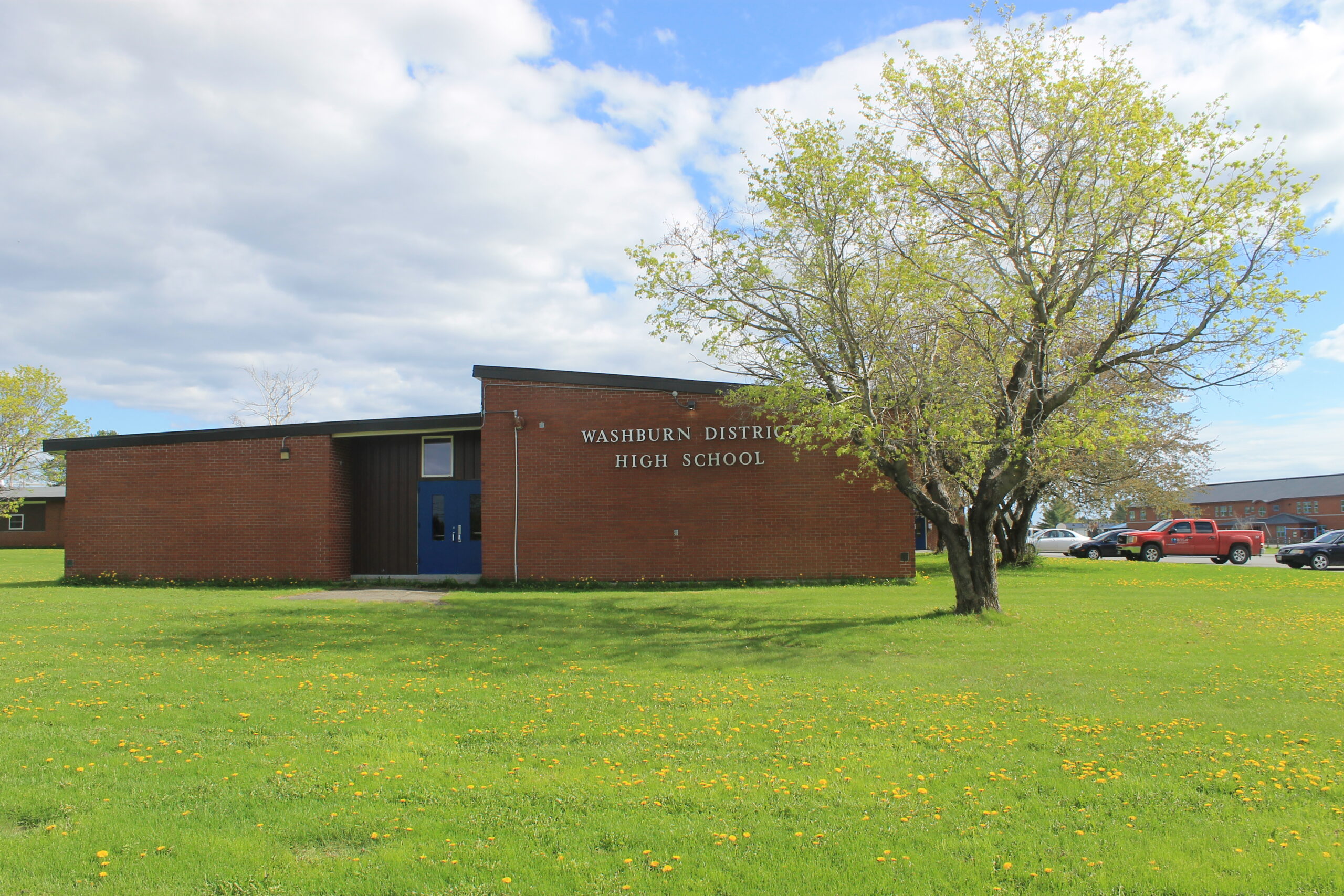WASHBURN, Maine — Residents of Perham, Wade and Washburn are being asked to attend an information meeting Thursday to share their thoughts on the tough decisions facing their school district.
Amid a continued decline in student enrollment and with other issues converging this year, Maine School Administrative District 45 is looking at the possibility of increasing the local tax levy by as much as 29 percent while still cutting school-related expenses. Among other factors, the district is set to lose an estimated $196,000 in the state’s subsidy due to the loss of 41 students between October 2016 and October 2017.
“We’ve had about a dozen different versions of this budget,” said Ryan Rackliffe, chair of the MSAD 45 board of directors.
Before the board of directors endorses a budget to send to voters, they want input from community members, Rackliffe said of the meeting district officials scheduled for 6 p.m. Thursday, May 3, at Washburn District Elementary School.
“The whole point is to really let the community know what challenges we are facing as a board and as a district,” Rackliffe said. “The board made it clear that we are not comfortable making future cuts. We believe any future cuts could have a negative effect on our community’s education.”
John Hedman, administrator for the town of Perham, urged residents to attend the meeting Thursday and voice their opposition to significant tax increases. Hedman said Monday that the budget proposals under consideration could increase Perham’s property tax rate by as much as three mills. The town’s current property tax rate is 17 mills, or $17 per $1,000 of property value.
The board of directors and superintendent have drafted several budget possibilities, including one that would account for all of the district’s revenue losses and needs, such as building repairs, additional teacher supply budgets, and raises for staff and teachers. But that would come with an increase of $654,000 — or 60 percent — in local taxes.
The board also has developed a “preferred” budget that comes with an increase of $316,000, or 29 percent increase in local taxes. This budget would eliminate pay raises, limit capital repairs to the elementary school roof, and cut some staff positions, including a principal, but not reduce any programs.
According to a memo from superintendent Brian Carpenter, this budget option “represents an educationally sound budget but exceeds what is recommended by municipal leaders as an acceptable increase to local property taxes.”
Rackliffe said that board is aiming to work off of the preferred budget, which would include options for reducing the local tax increase.
A more limited budget scenario that officials developed would increase local taxes by $75,000, or 6.7 percent, but would come with difficult cuts such as eliminating the high school’s industrial arts program and eliminating a high school teaching position.
“That’s why we want the community’s input, to see what’s important to them before the board presents a budget,” Rackliffe said. “These are tough decisions and not decisions we feel an 11 person board should make without community input.”
Rackliffe said he and other board members are concerned about the implications of tax hikes as well as cuts to school programs.
“We’ve cut so much over the years and there’s not much left to cut,” Rackliffe said. “We want to make sure our students are receiving the same quality, because if not, we’re going to lose them to other districts. We don’t offer a lot of electives.”
One issue that is not part of this budget but remains in the backdrop is the future of the district’s high school. Last May, the district formed a committee to explore the possibility of closing the high school, but soon dropped the idea after many community members voiced support for keeping it open.
Closing the high school is not up for consideration “on the board level,” Rackliffe said.
In the future, though: “If the community demands additional cuts, that may unfortunately be something that they’re going to have to consider.”
By state law, any school closure would require approval by local voters in a referendum.
“It’s not an overnight decision,” the board chairman said.
He said he’s hoping for a strong turnout at Thursday’s meeting. “I strongly recommend that folks show up. If they have an issue, we’d like to know about it while building this budget. Good or bad, the board needs to hear it.”
After the information meeting Thursday, the school board’s finance committee will meet before the regular board meeting on Tuesday, May 8 at 7 p.m. If the finance committee recommends a budget and the board approves it, it will next have to be approved at a district-wide budget meeting.





